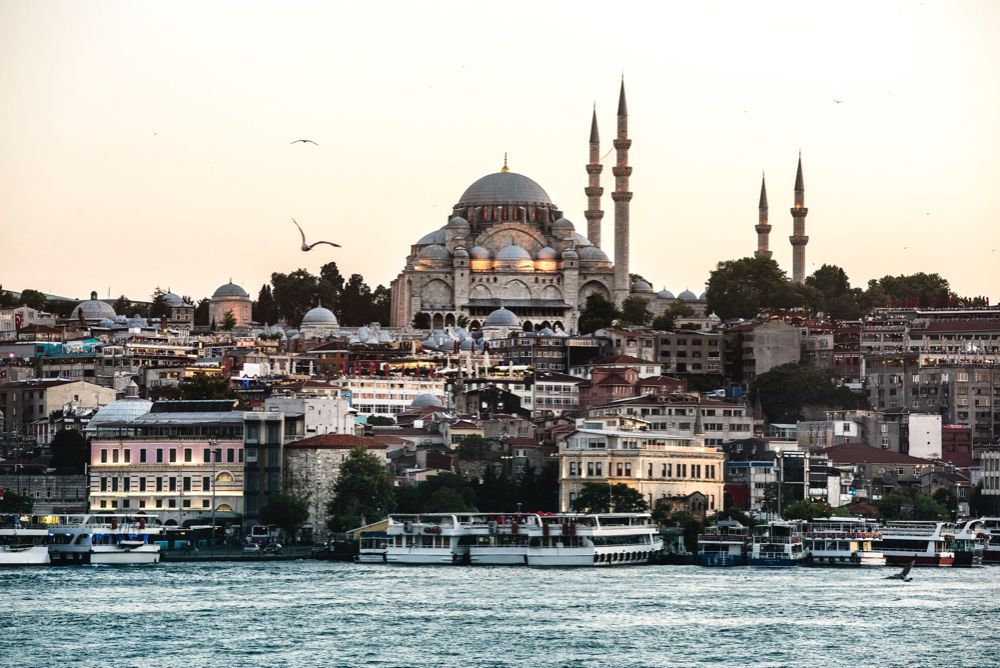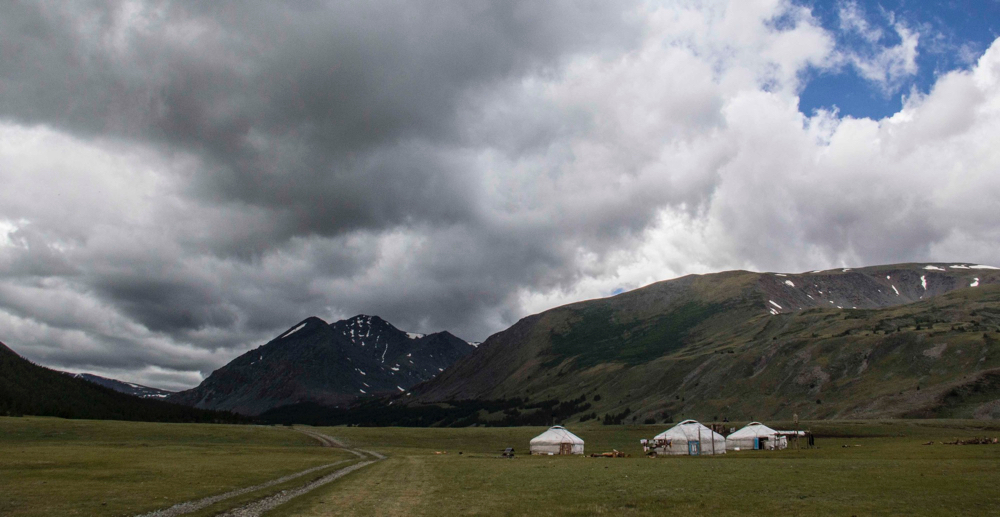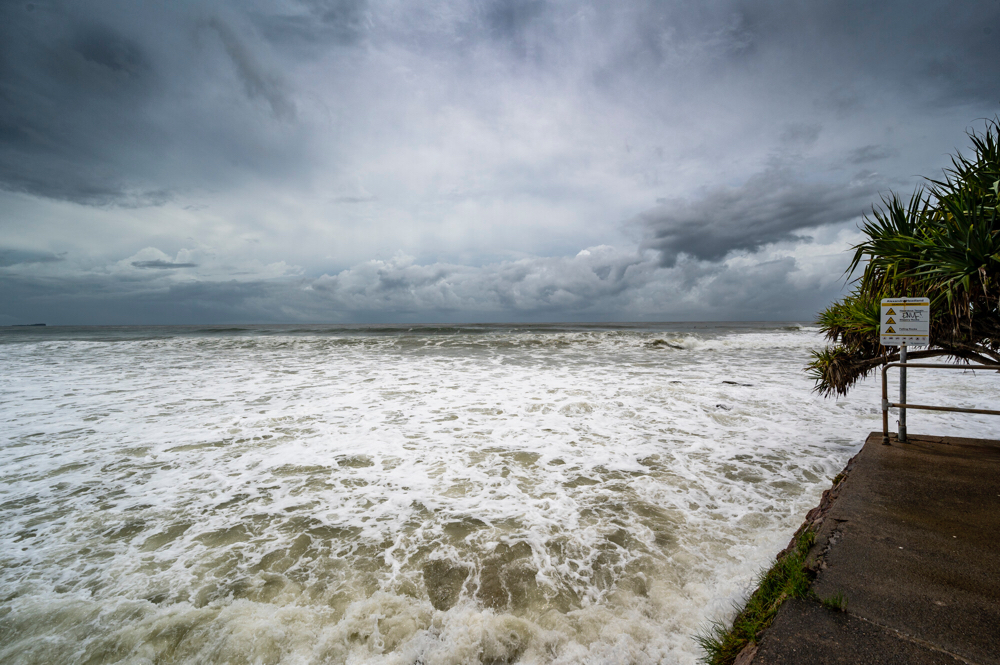A brutal heatwave sweeping across Southern and Central Europe has triggered emergency safety warnings in Spain, Portugal, France, Italy, Germany, Greece, and beyond. With temperatures soaring above 45°C, public health authorities and tourism bodies have issued updated travel advisories urging both tourists and residents to take precautions.
Countries heavily reliant on summer tourism—such as Spain, Italy, Portugal, and Greece—are balancing visitor safety with maintaining the travel economy during this extreme weather event. The European Centre for Disease Prevention and Control (ECDC) and national meteorological institutes are now closely monitoring health risks associated with prolonged exposure to extreme heat.
Spain Records 45°C as Red Alerts Are Issued
Spain remains the epicenter of the 2025 European heatwave. The Andalusia region has recorded temperatures over 45°C, prompting AEMET, the Spanish State Meteorological Agency, to issue red alerts across multiple provinces.
Tourists in Barcelona, Seville, and Madrid have been urged to avoid outdoor activities between 11 a.m. and 3 p.m., when UV exposure and heatstroke risks are at their peak. Tragically, a woman working as a street cleaner in Barcelona died due to heat-related complications—highlighting the serious consequences of overexposure.
Portugal Enacts Heat Protocols for Travelers
In Portugal, temperatures in the Algarve and southern regions have reached 42°C. The Portuguese Directorate-General of Health has rolled out tourist-facing safety guidelines, including advisories on hydration, sun protection, and recognizing symptoms of heat exhaustion.
Tourists in Lisbon and Porto are encouraged to take breaks in air-conditioned spaces and to limit sightseeing to early mornings or evenings. The health ministry has also partnered with local tourism offices to distribute free water bottles in high-footfall areas.
France and Italy Brace for Prolonged Heat
The Provence-Alpes-Côte d’Azur region of southern France and central Italy, including Rome and Florence, are experiencing temperatures exceeding 40°C. Both nations have activated public health plans, including the deployment of mobile medical teams in crowded tourist zones and heat emergency hotlines.
In Italy, authorities are particularly concerned about the impact on elderly residents and tourists with pre-existing medical conditions. Travelers are urged to avoid crowded outdoor festivals and check local advisories before attending events.
Germany and Greece Face Compounded Challenges
In Germany, urban centers such as Berlin and Munich are facing record-breaking heat, pushing demand for cooling centers and emergency medical services. Although Germany is less commonly associated with extreme summer heat, 2025 is proving otherwise, with health agencies issuing level-2 heat warnings in several Bundesländer.
Meanwhile, Greece is battling wildfires near Athens and on popular islands like Rhodes and Crete, forcing tourist evacuations and disrupting flights. The Hellenic National Meteorological Service has warned that the combination of heat and wind will make wildfires more frequent over the next few weeks.
UK and Ireland Issue Rare Summer Heat Advisories
Even typically mild regions such as the United Kingdom and Ireland are experiencing unusual heat levels. The UK Met Office has warned of temperatures above 30°C, a rare occurrence for the region. While seemingly modest, this heat can cause serious health issues, particularly for populations unused to high temperatures.
Irish health authorities have echoed the same, urging the public to limit sun exposure and remain vigilant about heat-related symptoms.
Safety Measures for Travelers During the Heatwave
With much of Europe under extreme heat alerts, health and tourism boards have shared the following safety tips for visitors:
- Avoid Peak Sun Hours (11 a.m.–3 p.m.): Reschedule city walks, museum visits, and sightseeing to early mornings or evenings.
- Hydrate Regularly: Carry bottled water and drink frequently. Avoid caffeine and alcohol during peak heat hours.
- Wear Light Clothing: Opt for breathable, loose fabrics and wear hats, sunglasses, and broad-spectrum sunscreen.
- Seek Indoor Relief: Use public air-conditioned spaces like malls, libraries, and transport hubs to cool down.
- Monitor Local Weather Alerts: Sign up for regional apps and government SMS alerts for heat and wildfire updates.
- Protect Vulnerable Travelers: Ensure children, the elderly, and those with chronic illnesses are shielded from heat and are regularly monitored.
Heatwave Sparks Disruptions and Rising Health Risks
Across affected countries, hospitals have reported increased admissions related to heatstroke, dehydration, and respiratory distress. Meanwhile, public infrastructure is straining under increased demand, with electricity grids under pressure due to heightened use of air conditioning.
The risk of wildfires, especially in Greece, Spain, and Italy, adds another layer of danger. Emergency services are stretched thin, and some regions have already declared states of emergency to unlock additional resources for firefighting and evacuations.
Tourism Impact: Travel Itineraries Shift Under Heat Pressure
Tourism-dependent economies are already seeing the impact of the heatwave on visitor behavior. Outdoor attractions in cities like Barcelona, Lisbon, Rome, and Athens are seeing fewer daytime visitors, with foot traffic shifting to evening hours.
Events such as summer festivals, concerts, and open-air markets have been rescheduled or canceled. Coastal regions are bracing for surging crowds as travelers seek refuge from the urban heat in seaside resorts.
Tourists are also being advised to check cancellation policies for flights and accommodations, as extreme weather may force sudden itinerary changes.
Planning Ahead: Heatwave Precautions for Upcoming Travelers
As meteorological forecasts predict continued high temperatures across Europe in July and August, travelers are encouraged to:
- Book early morning flights and excursions
- Choose accommodations with reliable air-conditioning
- Carry travel insurance that covers weather-related disruptions
- Follow WHO heat safety guidelines and national health advisories
Conclusion: Stay Smart, Stay Safe in Europe’s 2025 Heatwave
Europe’s 2025 heatwave has highlighted the growing impact of climate change on global tourism. While the continent remains a top travel destination, the new summer reality requires preparation, flexibility, and awareness. Whether you’re heading to southern Spain or the Greek islands, staying informed and taking precautions will ensure a safer and more enjoyable journey.
For more travel news like this, keep reading Global Travel Wire















